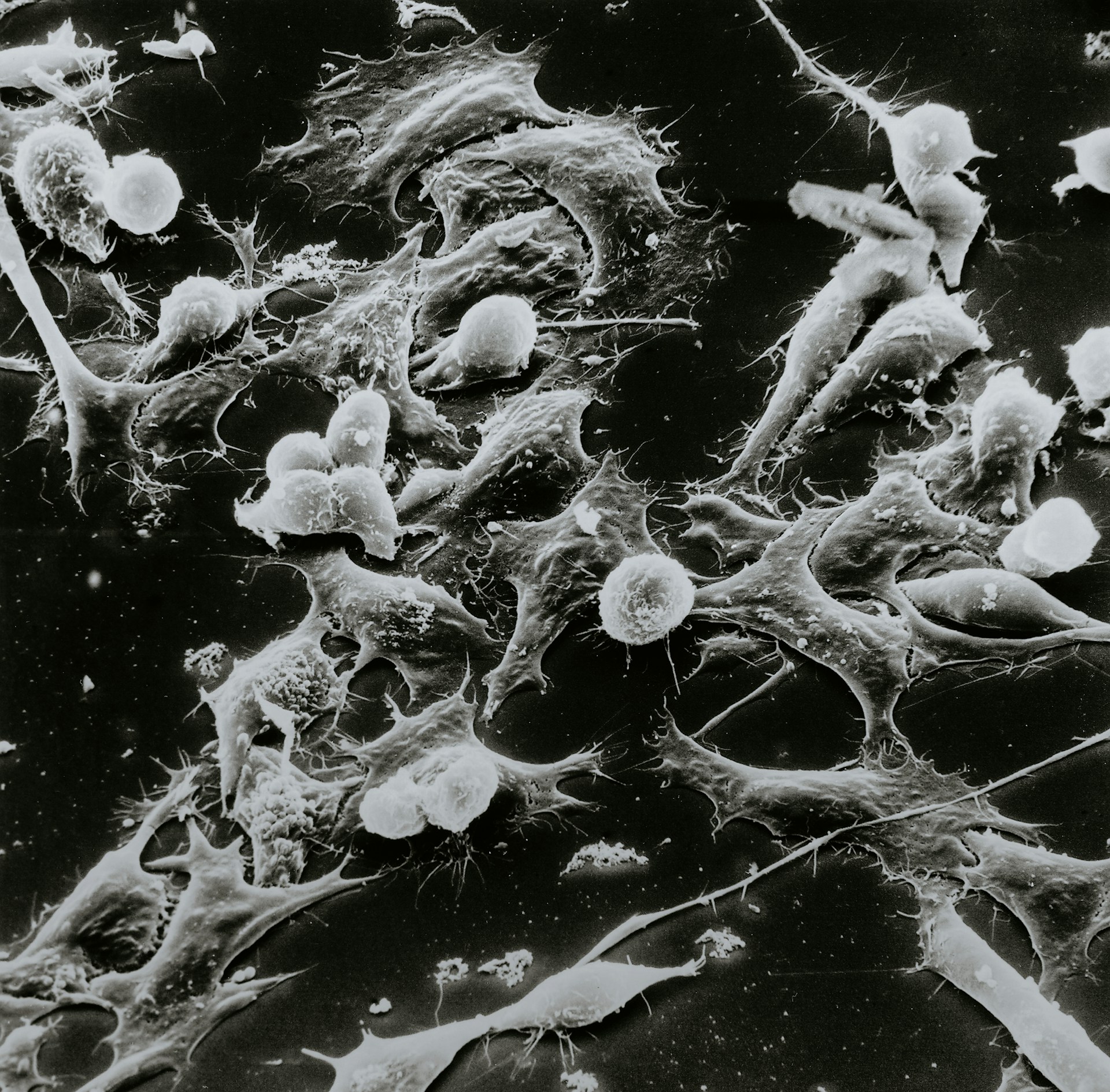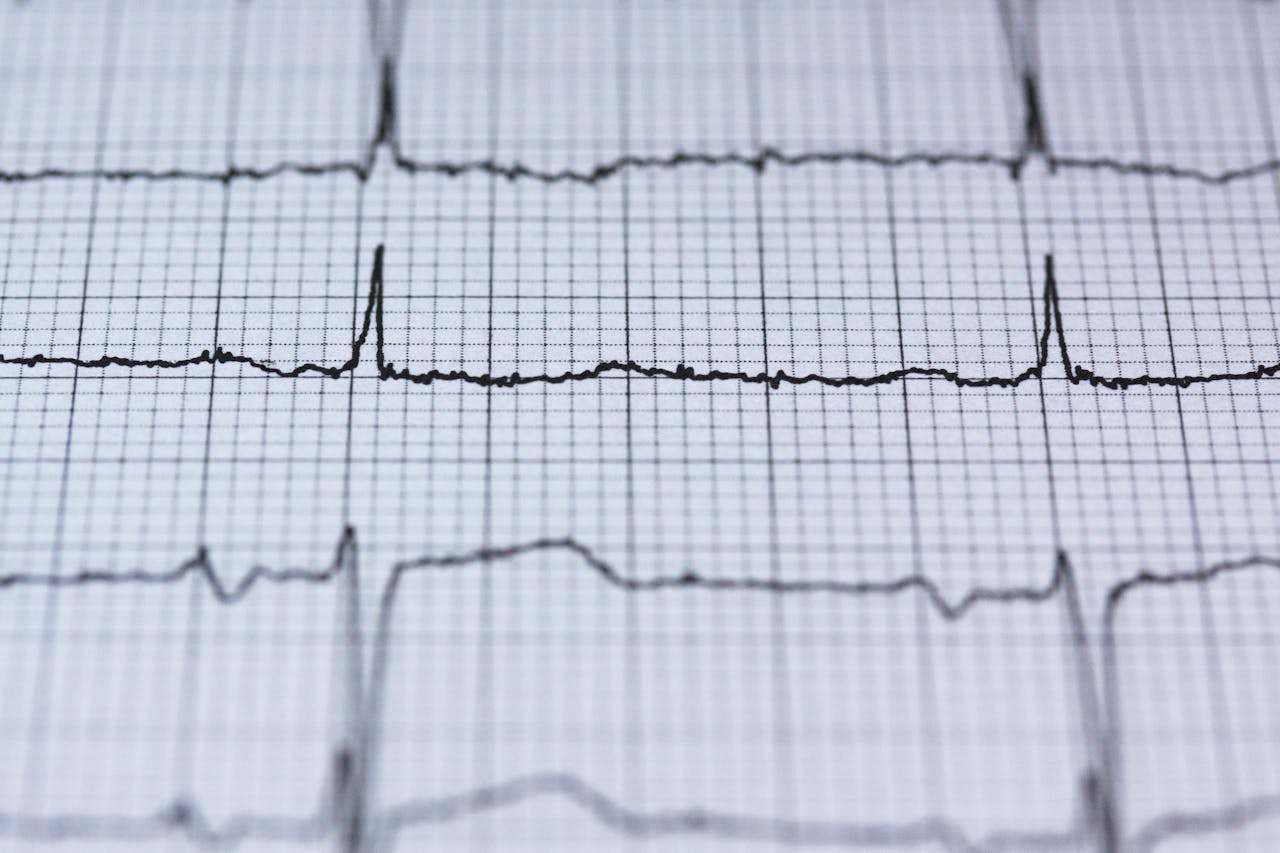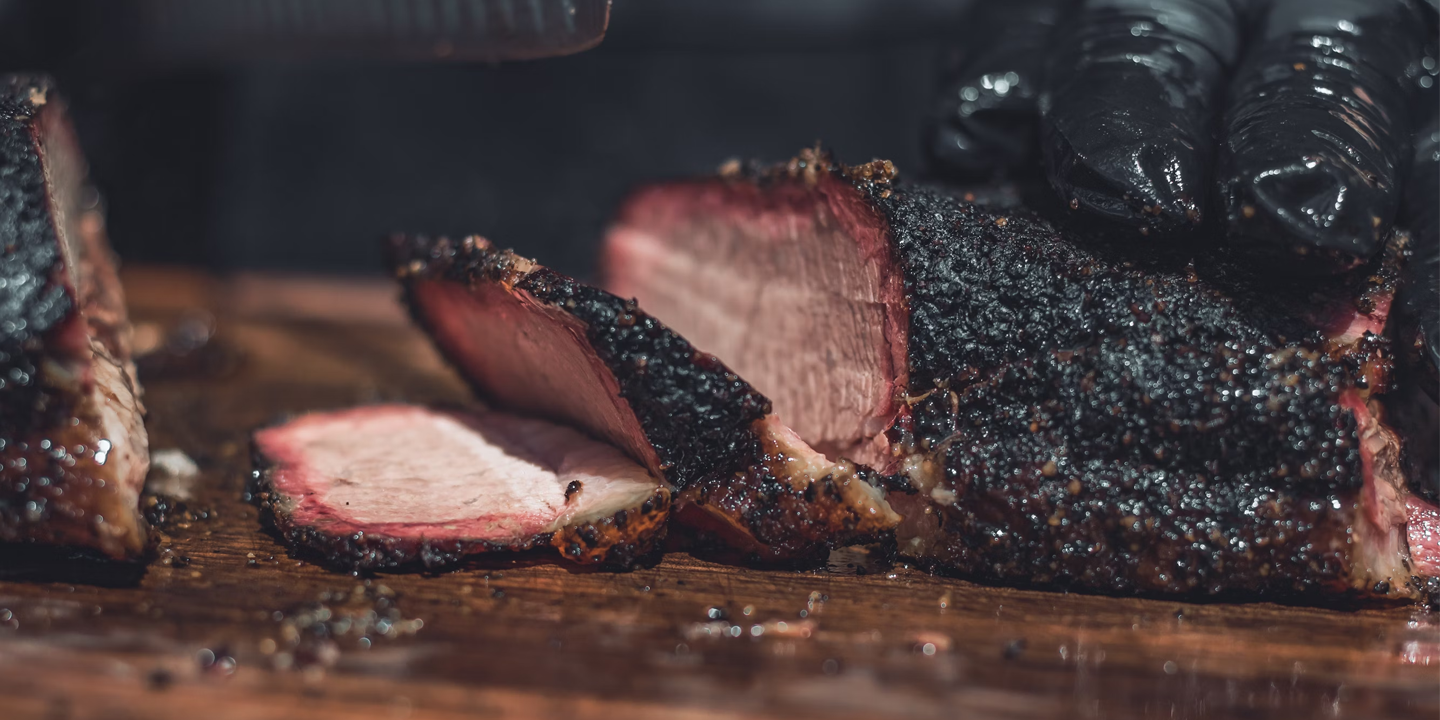Pros and Cons of the Carnivore Diet
The carnivore diet consists of eating nothing but animal protein. You’ve probably heard it being touted by celebrities who claim it’s helped them lose weight, improve their mental health, and ease symptoms from chronic ailments. But despite the strong anecdotal evidence, the diet isn’t recommended by doctors because–go figure–there are many dangers associated with consuming only meat. Here are some of the main risks and benefits of the carnivore diet.
 Photo by Frans van Heerden on Pexels
Photo by Frans van Heerden on Pexels
1. Nutrient Deficiency
Although animal protein is rich in certain nutrients, it lacks many vital micronutrients like vitamins C and D, antioxidants, folate, and potassium. Deficiencies in these nutrients can cause a whole slew of health problems including anemia, a weak immune system, heart palpitations, and dizziness.
 Photo by Andrea Piacquadio on Pexels
Photo by Andrea Piacquadio on Pexels
2. Increased Risk of Heart Disease
Meat, particularly the red stuff, is high in saturated fat which can raise the level of bad cholesterol in the body. Dangerously high levels of cholesterol can lead to heart disease, the leading cause of death in the United States.
3. Digestive Issues
Fiber is found in fruits, vegetables, and grains and it plays a key role in regulating your digestive system. The absence of fiber can cause constipation, irritable bowel syndrome, and even some types of cancer.
 Photo by cottonbro studio on Pexels
Photo by cottonbro studio on Pexels
4. Kidney Stress
One of the kidney’s roles is to filter through protein, helping your body metabolize it. When your protein intake is greatly increased, the kidneys may be under more stress, possibly resulting in a greater risk of kidney disease or kidney stones.
 Photo by Anna Shvets on Pexels
Photo by Anna Shvets on Pexels
5. Increased Risk of Cancer
Following the carnivore diet may increase the risk of certain types of cancer including bowel, colon, and lung cancer. This is because of its high-fat and low-fiber content, and the absence of certain nutrients including vitamin C and folate.
 Photo by National Cancer Institute on Unsplash
Photo by National Cancer Institute on Unsplash
6. Imbalanced Omegas
It’s important to maintain a balanced ratio between omega-3 and omega-6 fatty acids. A common side effect of a diet high in animal protein and low in fiber is omega-3 levels being too low and omega-6s being far too high, causing inflammation.
 Photo by Andrey Khoviakov on Unsplash
Photo by Andrey Khoviakov on Unsplash
7. Dehydration
In the absence of hydrating fruits and vegetables and with a surplus of sodium and fat, the carnivore diet may cause a fluid and electrolyte imbalance. This is likely to bring rapid weight loss, but also a massive loss in energy and serotonin, adversely affecting your mood.

8. Weight Gain
While draining your body of fluids is likely to cause weight loss in the beginning, eating high-calorie, high-fat animal products may cause a spike in insulin levels and weight gain in the longer term. There is plenty of anecdotal evidence suggesting you can lose weight on the carnivore diet, but only if you carefully balance the amounts of fattier red meats with lean meats and organ meats.
 Photo by Towfiqu barbhuiya on Pexels
Photo by Towfiqu barbhuiya on Pexels
9. Excessive Weight Loss
On the flip side, when you stop eating carbs, your body goes into ketosis where it burns fat for energy causing rapid weight loss. This may sound like a good thing, but too much ketosis can result in the blood being too acidic, a common symptom of starvation that can cause coma or death.
 Photo by SHVETS production on Pexels
Photo by SHVETS production on Pexels
10. Bone Health Concerns
One of the main components of maintaining healthy bones is calcium. Although certain meats contain calcium, consuming it in high amounts without balancing it with other foods can cause mineral loss in bones, possibly resulting in osteoporosis.
 Photo by Mathew Schwartz on Unsplash
Photo by Mathew Schwartz on Unsplash
Now that we’ve gone over the dangers of the meat-only, let’s talk about some potential benefits–but please keep in mind that limited scientific research has been done on the long-term effects of the carnivore diet.
1. Potential Weight Loss
In addition to the body going into ketosis, following a high-protein diet can also increase feelings of fullness, resulting in an overall reduction of calorie consumption. You’re also consuming zero sugar and refined carbs, inevitably shrinking that spare tire.
 Photo by Karolina Kaboompics on Pexels
Photo by Karolina Kaboompics on Pexels
2. Improved Insulin Sensitivity
The carnivore diet has been shown to benefit those with diabetes because it eliminates insulin-spiking carbohydrates. This normalizes blood sugar levels and can help decrease dependence on medication.
 Photo by Karolina Kaboompics on Pexels
Photo by Karolina Kaboompics on Pexels
3. Better Hormone Regulation
Reducing insulin levels benefits not just diabetics, it also helps balance out hormones. Better hormone regulation can reduce mood swings, and improve skin, and metabolism.
 Photo by Bela cheers on Pexels
Photo by Bela cheers on Pexels
4. Increased Satiety
The reliance on high-quality proteins as opposed to empty carbs means your body is being fueled with energy from fats and protein which take more time to metabolize, reducing cravings and helping with weight management. Plus, when you spend less of your brain energy on food, think of all you could accomplish.
 Photo by Andrea Piacquadio on Pexels
Photo by Andrea Piacquadio on Pexels
5. Potential Reduction in Inflammation
Elimination diets work for some people who have chronic inflammation, and the carnivore diet is the ultimate elimination diet. Many of its advocates report reduced inflammation simply because they’re cutting out all inflammatory foods–baked goods, fried foods, and high-sugar foods are common culprits.
 Photo by The Lazy Artist Gallery on Pexels
Photo by The Lazy Artist Gallery on Pexels
6. Improved Brain Health
There is heaps of anecdotal evidence suggesting the carnivore diet improves cognitive function and can even alleviate symptoms of depression. This could be because the carnivore diet is high in certain nutrients, like B-12, iron, and protein that are good for cognition but could also be an added effect of stabilized blood sugar and ketosis.
 Photo by KATRIN BOLOVTSOVA on Pexels
Photo by KATRIN BOLOVTSOVA on Pexels
7. Enhanced Digestion for Some
For people who have trouble digesting vegetables, legumes, and grains, the carnivore diet may actually be beneficial to their digestion, despite the fact that it lacks dietary fiber. Just as long as they remember to hydrate properly and balance their diet with a combination of different meat sources.
 Photo by Jannes Jacobs on Unsplash
Photo by Jannes Jacobs on Unsplash
8. High Nutrient Density
Although vegetables are generally considered vital for getting all the nutrients your body needs, carnivore dieters argue that they can get all their essential nutrients without them. Animal products are packed with protein, zinc, all the essential amino acids, and iron, and they generally contain more nutrients per serving than vegetables and grains.
 Photo by Elle Hughes on Pexels
Photo by Elle Hughes on Pexels
9. Increased Muscle Mass and Strength
The carnivore diet often results in muscle growth and increased strength when paired with exercise due to the sheer amount of protein being consumed. Protein is vital for repairing and growing muscles. It also boosts metabolism, allowing you to shed those pesky fat stores while gaining muscle mass.
 Photo by Thiago Miranda on Pexels
Photo by Thiago Miranda on Pexels
10. Potential Relief from Food Sensitivities and Allergies
The carnivore diet is a practice of simplifying food to its most primal level. For those who have sensitivities and allergies to foods like grains and nuts, it may be an effective, albeit extreme, way of dealing with it.









